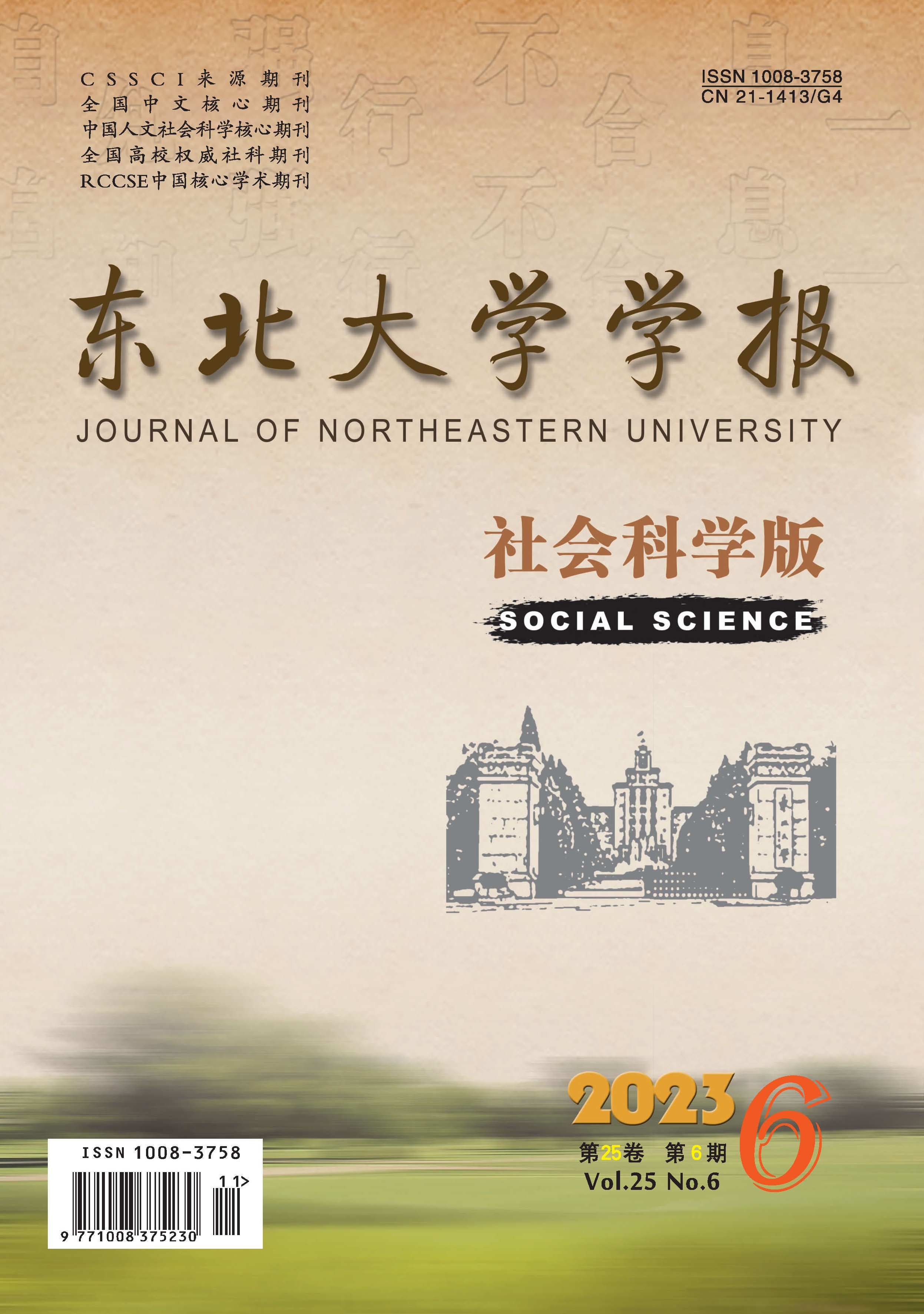|
Impact Mechanism and Conditions of the Public's Experience of Governmental Digital Governance on Their Perceived Better Life
ZHENG Jianjun, WU Runlian, QIN Wanzhu
2023, 25 (6):
57-68.
DOI: 10.15936/j.cnki.1008-3758.2023.06.007
To examine the relationship between the public's experience of governmental digital governance and perceived better life, a moderated mediation model is constructed to test the mediating role of government trust and the moderating role of the reality-expectation gap. Questionnaire surveys are conducted in the municipalities, northeastern, eastern, central, and western regions of China and 2459 valid data is obtained. The result indicates that government trust plays a partial mediating role in the relationship between the public's experience of governmental digital governance and their perceived better life. The reality-expectation gap moderates the main effect of the public's experience of governmental digital governance on their perceived better life and the mediating effect of government trust. When the reality is better than the expectation, the relationship between the public's experience of governmental digital governance and perceived better life is stronger. When the reality is not as expected, government trust plays a more significant mediating role in the impact of the public's experience of governmental digital governance on the sense of gains and security. The findings of this study help to enhance our understanding of the relationship between the public's experience of governmental digital governance and perceived better life, and provide the theoretical guidance for improving governmental governance efficacy and improving the practice of the public's better life.
References |
Related Articles |
Metrics
|

